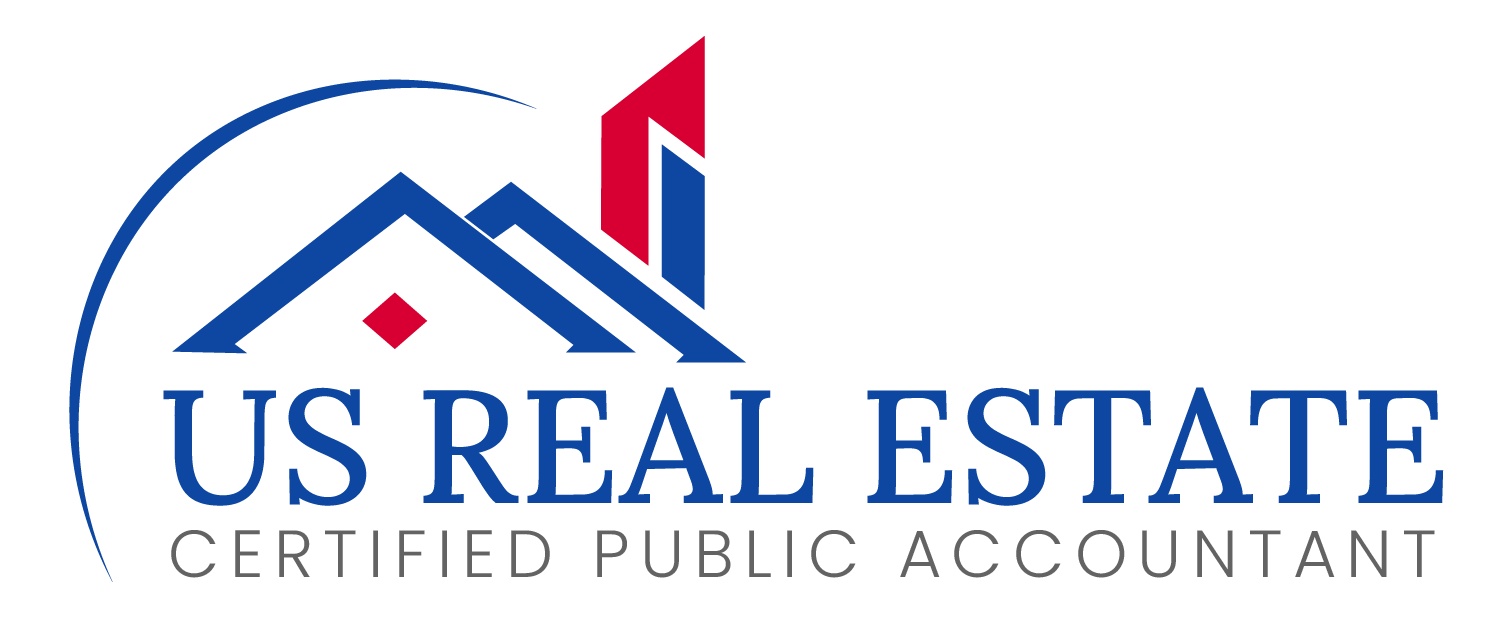
Guide for UK Buyers: Owning Property in the USA
Owning property in the USA appeals to many UK residents, whether as an investment, a retirement plan, or a fresh start in a new home. The country offers a wide range of properties across its states and cities, each with unique benefits and opportunities.
This guide covers everything you need to know about buying property in the USA, from understanding the market to practical steps for a smooth purchase. It’s your starting point for making this exciting move.
Why UK Buyers should Consider Buying Property in the USA
The US property market is a great choice for investors thanks to its variety of lifestyle options and simple ownership rules for foreign buyers.
- Attractive Returns: Many US cities offer high rental demand and the prospect for property values to grow over time, providing steady income and long-term gains.
- Diverse Opportunities: The country’s rich landscapes, career prospects, and excellent living standards make it appealing for investors and those looking for a place to settle down.
Understanding the US Property Market
Real estate in the USA has historically shown steady growth in value, making it a nice option for long-term investment.
- Market Outlook: The property market is expected to stabilize with modest growth and better affordability. Lower mortgage rates, driven by anticipated Federal Reserve interest rate cuts, could reduce costs for both domestic and foreign buyers.
- Popular Regions: Areas like the southeast and southwest are gaining popularity due to their warm climate, affordable living costs, and expanding job markets, making them prime choices for buyers.
Buying Rules for UK Residents
Purchasing property in the USA is relatively simple for UK residents since there are no federal restrictions on foreign ownership. However, buyers should keep the following in mind:
- State-Specific Laws: Each state has its own real estate regulations. Research the rules in your chosen location, and consult a local attorney to navigate them.
- Property Insurance: Insurance can be challenging for non-residents. Premiums may be higher, and extra documentation might be required. Factor this into your budget.
- Taxes:
- Rental income is subject to federal and state taxes.
- Selling a property may incur capital gains tax.
- Local property taxes vary by area. Work with a tax advisor to ensure compliance with US and UK tax laws.
- Estate Planning: US estate tax laws can affect how property is inherited. Plan to avoid complications.
- Visas: Owning property doesn’t grant residency. Research visa options, such as short-stay, investor, or work visas, to understand what suits your needs.
Getting Professional Support
The US property buying process can be complex, so hiring experts is wise. Consider working with:
- A real estate agent
- A mortgage broker
- A lawyer
- A tax advisor
- A currency broker
These professionals can guide you through the process, ensure legal compliance, and help save time and money.
With proper preparation and expert advice, buying property in the USA can be a rewarding experience.
Financing Your US Property Purchase
When financing a property in the USA, UK residents have several options, each with its own pros and cons.
Funding Options
- Cash Purchase
- UK Mortgage
- US Mortgage
- Borrowing Against a UK Property
Additional Costs to Consider
When buying property in the US, there are several extra costs:
- Closing Costs: Legal fees, title search, title insurance, and loan fees.
- Ongoing Property Taxes
- Insurance Premiums: Foreign property owners may face higher premiums.
Finding a Property in the USA
When looking for property in the US, it’s crucial to carefully research potential locations. Consider factors like market stability, job opportunities, local schools, and the lifestyle the area offers.
For example, Austin, Texas, is well-known for its booming tech industry and vibrant cultural scene, making it a popular choice for young professionals. In contrast, cities like Charlotte, North Carolina, offer steady growth and a family-friendly environment, making them safer investment options.
Using Realtors
Hiring a local realtor can be a great help in your property search. Realtors have valuable local market knowledge and can access listings not widely advertised. They understand the area’s trends and can direct you to places that meet your investment needs.
Property Type
When searching, think about the type of property that fits your needs. For example, suburban homes are perfect for families wanting space and good schools, while urban apartments are better for investors looking for rental income in high-demand areas.
Choosing the Right Location
Cities like San Francisco and New York are well-known for strong rental markets, but their high costs may make them less ideal for first-time investors. On the other hand, places like Orlando, Florida, offer more affordable prices and a strong tourist market, making them great for holiday rentals.
Visiting in Person
Although you can do much of your research remotely, visiting the area and viewing properties in person is best. This will allow you to get a feel for the neighborhood and inspect the property closely.
Take time to explore the surroundings for factors like noise, traffic, and the overall environment. If possible, visit at different times of the day to get a full picture of the area.
The Process of Buying a US Property
Buying property in the USA involves several key steps to ensure a smooth transaction. Here’s an overview of the process:
Budgeting and Planning
Before starting your search, set a clear budget. Factor in the property’s purchase price and additional costs like taxes, insurance, maintenance, and any possible renovations. Planning also means deciding what type of property you want and where it should be located, whether for investment, relocation, or retirement.

Property Search
Start by identifying areas that meet your needs. Use online real estate platforms, hire a local realtor, and consider visiting the USA to better understand the neighborhoods, amenities, and lifestyle options available.
Securing Financing
If you’re not paying cash, you’ll need to arrange financing. For a mortgage, you’ll typically need proof of income, credit history, and a down payment. Getting pre-approved for a mortgage is a good idea, as it gives you a better sense of your budget and signals to sellers that you’re a serious buyer.
Legal Consultation
Hiring a real estate attorney, especially as an international buyer, is essential. They’ll assist with contracts, negotiations, and ensure no legal issues or claims on the property.
Making an Offer
Once you find a property, your realtor will help you decide on an offer price, considering market trends, the property’s condition, and how long it’s been on the market. Your offer will likely include contingencies, such as financing approval and a satisfactory home inspection.
Due Diligence
After your offer is accepted, due diligence begins. This includes a home inspection to check for structural or pest issues. You may also want to conduct a title search to ensure no liens or claims exist against the property. Environmental assessments, like flood risks, may also be necessary depending on the area.
Closing the Deal
Closing is when you finalize the purchase. You’ll sign the paperwork, including the mortgage agreement if you’re financing. You’ll also need to pay closing costs, including lender fees, title insurance, taxes, and attorney fees. Once everything is complete, you’ll receive the keys to your new property.
Documents You’ll Need to Provide When Purchasing Property in the USA
As a UK citizen, purchasing property in the USA requires preparing several key documents. Here’s a list of what you’ll need:
- Passport: A valid UK passport is necessary to verify your identity and citizenship.
- Visa: While not required for the property purchase itself, a visa is needed for extended stays in the USA. Ensure you have the appropriate visa if planning for long-term residency.
- Proof of Address: Utility bills or bank statements that show your current UK address may be requested.
- Proof of Funds: Bank statements or investment account statements are necessary to show that you have the required funds for the purchase.
- Credit Report: A UK credit report, particularly if applying for a mortgage, helps demonstrate your creditworthiness to US lenders.
- Individual Tax Identification Number (ITIN): An ITIN from the IRS is required if you plan to earn rental income or file US tax returns.
Pitfalls to Avoid When Buying US Property
Underestimating Total Costs: Many buyers fail to account for all the costs involved in purchasing and owning property, including the purchase price, closing costs, legal fees, maintenance, and insurance. Make sure to budget thoroughly to avoid unexpected expenses.
- Neglecting Tax Implications: The US tax system is complex, with various federal, state, and local taxes. Be sure to understand how property taxes, rental income taxes, and potential capital gains taxes will affect your investment.
- Inadequate Due Diligence: Failing to conduct thorough inspections or research on the property can lead to costly issues, such as hidden defects, legal disputes, or non-compliance with local regulations. Always do your due diligence before committing to a purchase.
- Last-Minute Currency Transfers: Timing is critical when transferring large sums of money internationally. Last-minute transfers can result in unfavorable exchange rates and higher fees. Plan your money transfers early to secure the best rates and avoid extra costs.
- Falling for Scams: The real estate market can attract fraud, especially for foreign buyers. Always verify the legitimacy of payees, double-check contracts, and stay informed about common scams to protect your investment.
To avoid these pitfalls, work closely with experienced professionals—real estate agents, lawyers, tax advisors, and currency specialists—who can guide you through the process and ensure compliance with all relevant regulations.




